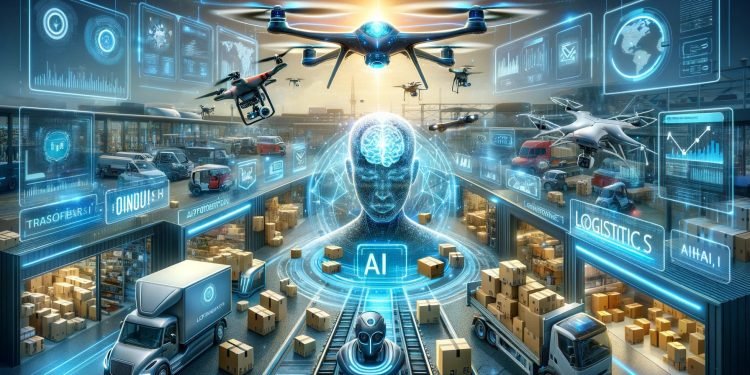Artificial intelligence undergoes swift and significant progress, a trend mirrored by the flourishing progress of the companies driving this technology, such as Microsoft. On January 24, Microsoft achieved a market valuation of $3 trillion, primarily attributed to the growing influence of AI on investor interests, solidifying its status as one of the foremost publicly traded entities. Despite reports indicating that the inclusion of ChatGPT has not significantly impacted Microsoft’s Bing search product in its competition with Google, it has nonetheless elevated the tech giant’s standing, making it only the second publicly traded company, alongside Apple, to surpass the $3 trillion milestone.
However, this remarkable growth has not gone unnoticed, attracting closer examination. The Federal Trade Commission (FTC) initiated an inquiry on January 25 into the ongoing investments and partnerships within the AI sector. The regulatory body directed major technology companies, including Alphabet, Amazon, Anthropic, Microsoft, and OpenAI, to provide information regarding their ecosystem investments and partnerships. This inquiry aims to investigate the potential impact these activities may have on the competitive landscape of AI.
Unleashing Experimental Advancements: The Impact of AI incorporation
AI is becoming an integral part of various touchpoints, with platforms, service providers, and businesses embedding it into end-user experiences.
On Thursday, PayPal unveiled a “reimagined checkout experience” designed to slash checkout times by up to half, employing AI for crafting personalized recommendations. Simultaneously, AffiniPay integrated generative AI into its legal technology offerings.
In the commerce sector, Etsy launched a hub on Wednesday that employs AI-driven human curation to assist shoppers in finding gifts for any occasion.
Consumer preference for AI-enabled experiences leans toward shopping rather than banking. Additionally, AI is making a notable impact on the fitness category.
To facilitate the seamless integration of AI into operations, OpenAI introduced new embedding models, tools for managing application programming interfaces, and plans to reduce pricing for one of its models on Thursday.
AI’s influence is not limited to commerce and checkout; it is also deeply embedded in hardware devices. Apple is reportedly actively working on bringing AI to the iPhone through acquisitions, hires, and hardware updates. Similarly, Samsung introduced its new Galaxy S series phone earlier this month, promoting it as a “new era of mobile AI.” Researchers anticipate a wave of over 1 billion AI-powered smartphones to be shipped in the next three years.
Collaboration is the Key to AI Success























